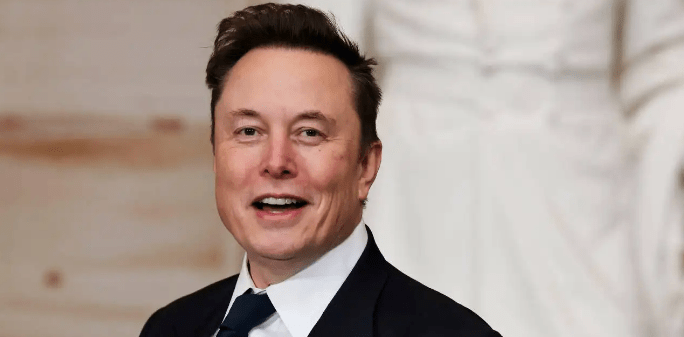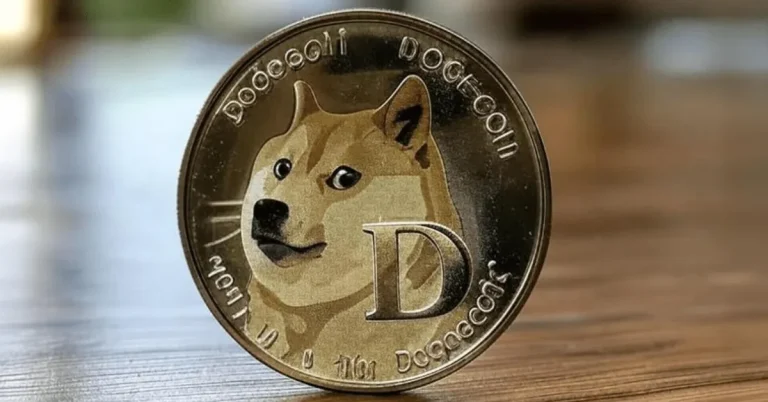Bitcoin First: Musk’s Political Party, Crypto Push Shakes Up Washington

Bitcoin First: Elon Musk’s New Political Party Puts Crypto at the Center of U.S. Politics
Summary: Elon Musk has announced the formation of a new political movement, “The American Party,” with a pro-Bitcoin stance, aiming to disrupt the U.S. political status quo. His comments criticizing fiat currency have sparked widespread debate across political and crypto communities.
Musk Launches Political Bid with Crypto Agenda
Elon Musk has unveiled plans to launch “The American Party,” a centrist political movement set to field candidates for the U.S. Senate and House of Representatives. His approach focuses on building state-level support before considering a presidential run. The move marks Musk’s first major step into the political arena beyond commentary and endorsements.
“Fiat is hopeless,” Musk tweeted, reaffirming his longstanding criticism of government-issued currencies. While the party has yet to be formally registered, its stated goal is to combat government inefficiencies and promote innovation—particularly through cryptocurrency adoption.
Bitcoin Ties Signal Wider Crypto Integration
Musk’s push is underscored by his companies’ significant cryptocurrency holdings. Tesla holds 11,509 BTC, while SpaceX owns 8,285 BTC, valuing the combined stash at approximately $2.1 billion. Musk also holds Bitcoin, Ethereum, and Dogecoin personally, aligning himself with a growing base of pro-crypto voters.

This strategic alignment appeals to a similar demographic that supported former President Donald Trump’s crypto-friendly 2024 campaign. However, Musk’s vision raises questions about how digital assets would be integrated into political processes given current regulatory constraints.
Market Reaction Muted Amid Uncertain Policy Path
Despite the headlines, Bitcoin’s price remained largely unchanged. As of now, Bitcoin trades at $108,772. Traders have yet to interpret Musk’s announcement as a concrete policy shift capable of impacting long-term market dynamics.
Volatility remains high in the crypto market, with recent 30% swings continuing to concern investors. Implementing campaign contributions or tax payments in crypto would demand working through complex regulatory and liquidity challenges.

Regulatory and Logistical Challenges Loom
Musk’s reference to a humorous “Department of Government Efficiency” (DOGE) nods to Dogecoin supporters, but the real implementation hurdles remain steep. Regulations from the IRS, SEC, and FEC would rigorously scrutinize any effort to channel donations or payments through Bitcoin.
U.S. campaign finance laws require strict transparency and impose contribution limits. Additionally, rapid crypto-to-fiat conversions during market downturns could pose accounting risks, further complicating campaign operations.
Ballot access presents another structural barrier. Each U.S. state enforces its own filing deadlines, signature thresholds, and documentation requirements. Musk must mobilize a significant ground operation to secure ballot placement across all 50 states—a logistical feat even for established parties.
The real test will arrive if Musk formally registers the party and outlines a clear crypto integration strategy aligned with compliance frameworks.
Featured image from Pexels, charts via TradingView










